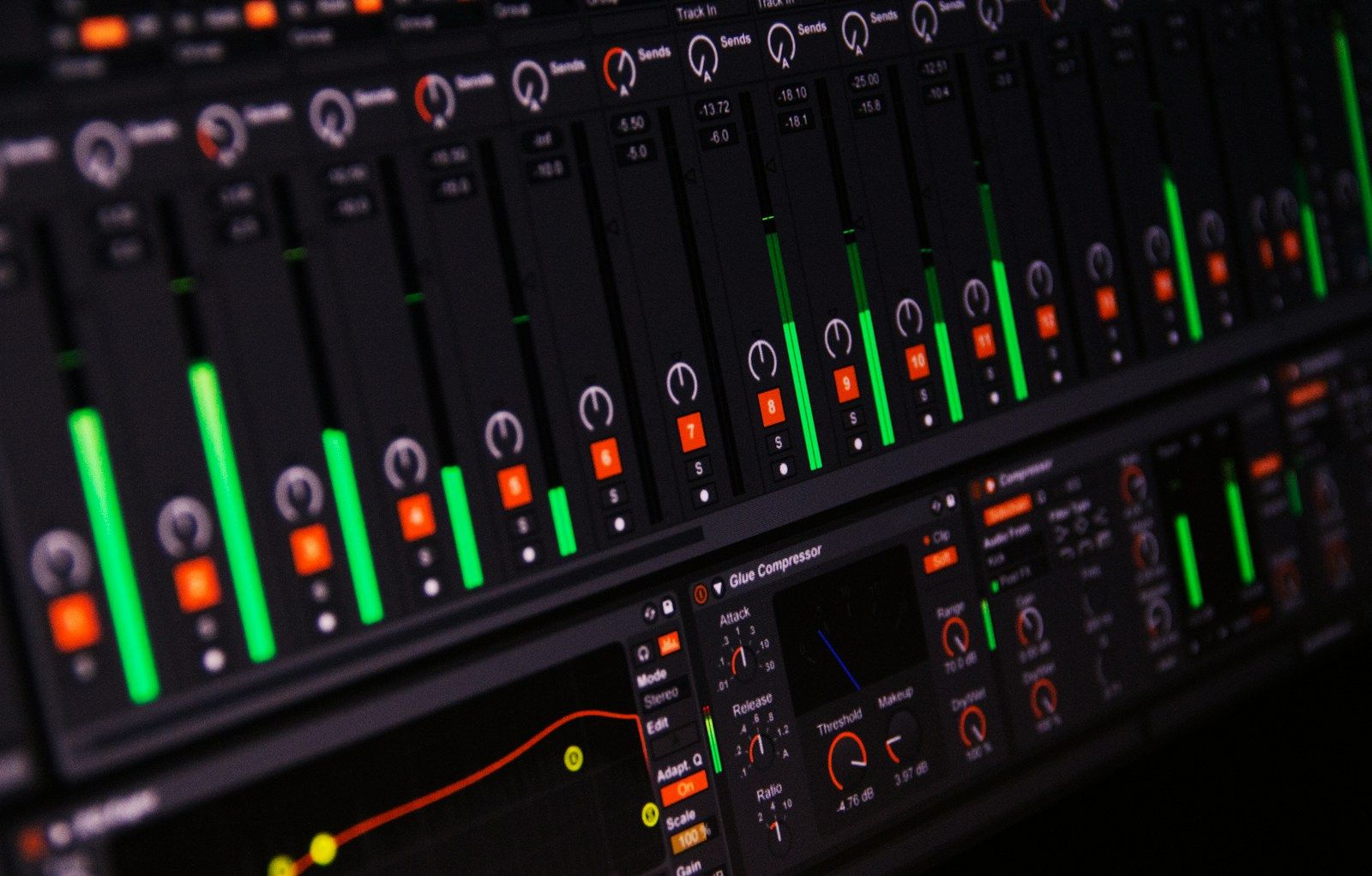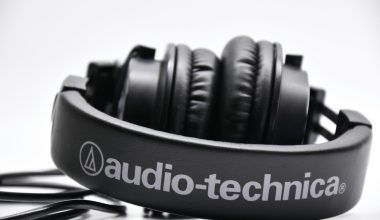If you’ve ever dreamed of making music but felt overwhelmed by where to start, don’t worry—you’re not alone. The good news is that today’s technology makes it easier than ever to dive into the world of music production. Whether you want to compose beats, create full songs, or experiment with sounds, there’s software designed just for you. In this blog, we’ll explore the best software for making music for beginners and help you find the perfect tool to unleash your creativity.
Why Music Software Matters for Beginners
Starting your journey in music production can be exciting, but it can also feel a bit intimidating. The right software can make a huge difference. Beginner-friendly music software simplifies complex processes, allowing you to focus on what really matters—making music. These tools are often intuitive, come with helpful tutorials, and offer features that grow with your skills.
So, let’s explore what makes a music software great for beginners and dive into some top recommendations.
What to Look for in Music Software as a Beginner
Before jumping into specific software, it’s important to know what to look for. Here are a few key things to keep in mind:
- Ease of Use: Look for software with a clean, simple interface. You don’t want to spend hours figuring out how to add a drum beat.
- Built-in Instruments and Sounds: Having a variety of ready-to-use sounds, instruments, and loops can save you time and inspire creativity.
- Tutorials and Support: Check for built-in guides, video tutorials, or active user communities.
- Affordability: As a beginner, you probably don’t want to spend a fortune. Many great options are free or budget-friendly.
- Room to Grow: Choose software that allows you to explore more advanced features as you improve your skills.
Now that you know what to look for, let’s dive into some of the best options available.
1. GarageBand: The Go-To for Apple Users
GarageBand is often the first stop for many beginners, and for good reason. It’s free, easy to use, and packed with features. If you have a Mac, iPhone, or iPad, GarageBand comes pre-installed, making it incredibly accessible.
With GarageBand, you can create songs using virtual instruments like pianos, guitars, and drums. The user-friendly interface lets you drag and drop loops or record your own sounds. Plus, it has a “Learn to Play” feature that teaches you the basics of playing instruments.
Why It’s Great for Beginners:
- Simple and intuitive interface
- Preloaded with high-quality loops and instruments
- Seamless integration with other Apple products
2. FL Studio: A Popular Choice for Beatmakers
FL Studio, often referred to as FruityLoops, is another fantastic option for beginners, especially if you’re interested in creating beats or electronic music. Known for its colorful and easy-to-navigate design, FL Studio has been a favorite among aspiring producers for years.
One of the best things about FL Studio is its pattern-based workflow. This means you can easily create loops and arrange them into full tracks. It also comes with a range of built-in plugins, including synthesizers and drum machines.
Why It’s Great for Beginners:
- Beginner-friendly interface with drag-and-drop functionality
- Includes lots of tutorials and an active user community
- Lifetime free updates once you purchase it
3. Ableton Live: Perfect for Creativity and Performance
Ableton Live is another top contender when it comes to the best software for making music for beginners. While it’s known for live performances, it’s also an excellent tool for creating music in the studio. Ableton’s session view allows you to experiment with loops and ideas before committing to a final arrangement.
Although Ableton Live might have a slightly steeper learning curve compared to GarageBand or FL Studio, it’s highly rewarding once you get the hang of it. The software comes in different versions, including a beginner-friendly “Intro” edition.
Why It’s Great for Beginners:
- Intuitive and innovative design
- Great for experimenting with different sounds and ideas
- Includes built-in tutorials and lessons
4. BandLab: Free and Cloud-Based
If you’re looking for a free option that works on any device, BandLab is an excellent choice. It’s a cloud-based digital audio workstation (DAW) that lets you create music directly from your browser or mobile device. With BandLab, you can record vocals, layer tracks, and use virtual instruments—all without needing to download any software.
BandLab’s social aspect is another major perk. You can collaborate with other users, share your projects, and get feedback from a supportive community.
Why It’s Great for Beginners:
- 100% free and works on multiple platforms
- Easy to use and accessible from anywhere
- Built-in collaboration features
5. Audacity: The Simple and Reliable Option
Audacity is another free option that’s perfect for absolute beginners. While it’s more focused on audio recording and editing than full music production, it’s an excellent starting point if you want to experiment with basic sound creation.
Audacity’s interface might look a bit dated, but it’s incredibly functional. You can record audio, apply effects, and edit tracks with ease. It’s also lightweight and works on almost any computer.
Why It’s Great for Beginners:
- Completely free and open-source
- Straightforward and easy to use
- Great for recording and editing vocals
6. Logic Pro: A Step Up for Apple Users
If you’ve mastered GarageBand and want to take your skills to the next level, Logic Pro is the natural progression. While it’s a more advanced option, Logic Pro shares many similarities with GarageBand, making the transition smooth for beginners.
Logic Pro offers a massive library of loops, instruments, and effects. It also has advanced features like MIDI editing and mixing tools that allow you to polish your tracks to a professional standard.
Why It’s Great for Beginners Ready to Level Up:
- User-friendly for GarageBand users
- Packed with professional-grade tools
- Tons of online tutorials available
Tips for Getting Started
Now that you know the best software for making music for beginners, here are some tips to help you hit the ground running:
- Start Small: Focus on learning the basics before diving into advanced features.
- Watch Tutorials: Platforms like YouTube are goldmines for free lessons.
- Experiment: Don’t be afraid to try new sounds and techniques.
- Ask for Feedback: Share your work with friends or online communities.
- Be Patient: Learning music production takes time, so enjoy the process.
Final Thoughts
Choosing the best software for making music for beginners depends on your goals and preferences. Whether you’re a Mac user drawn to GarageBand, an aspiring beatmaker leaning toward FL Studio, or someone exploring free tools like BandLab, there’s something out there for everyone. The most important thing is to start creating and have fun along the way.
Remember, every professional music producer was once a beginner. With the right software and a bit of practice, you’ll be making music that you’re proud of in no time.
Related Articles:
For further reading, explore these related articles:
- Taylor Swift’s Midnights Songs: A Musical Story You’ll Love
- Hootie and the Blowfish: The Band That Stole Hearts Worldwide
For additional resources on music marketing and distribution, visit DMT RECORDS PRIVATE LIMITED






